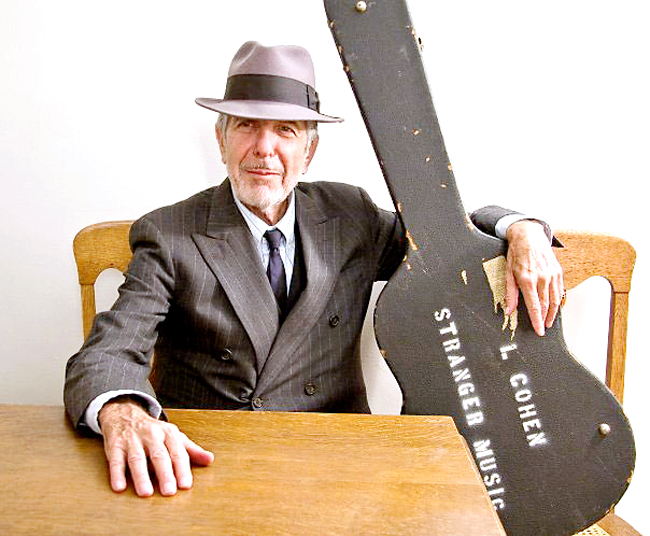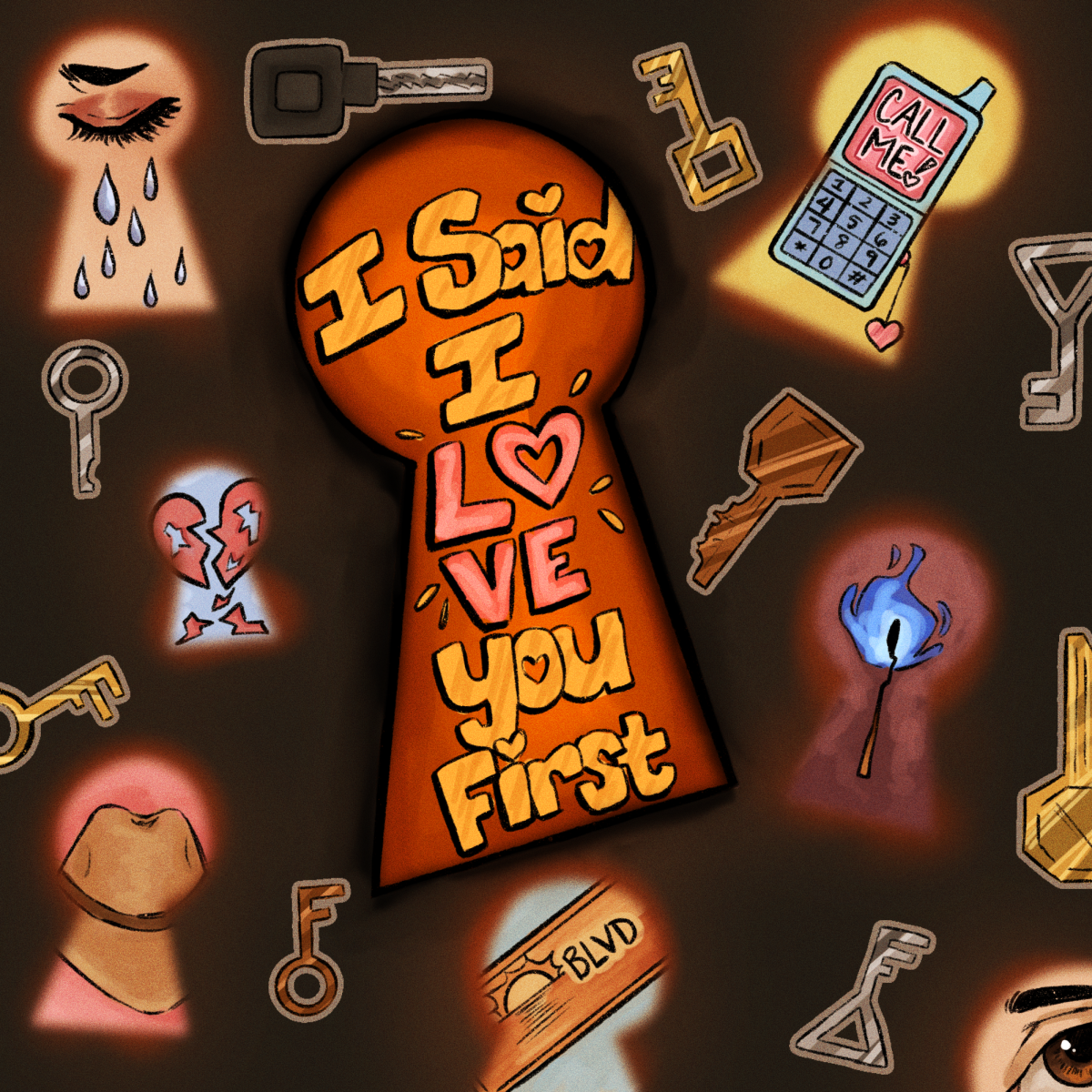“He’s a lazy bastard living in a suit,” begins Leonard Cohen’s “Going Home,” the opener for his latest release, Old Ideas. Talking to a fictionalized self, Cohen battles with his own thoughts and his desires to live a pure and personal life stifled by self-criticism. This is a world that Cohen is all too familiar with; embracing the bleak, but seeking redemption and insight along the way.
Singer-songwriter Leonard Cohen, 77, has endured a long and difficult journey, experiencing the pains of isolation and depression throughout his career. These themes, accompanied by ideas about sexuality, interpersonal relationships and others, came to fruition in Cohen’s 1967 musical debut, Songs of Leonard Cohen. “And you know, she’s half-crazy,” somberly croons Cohen in the album’s opener “Suzanne,” as the vast, atmospheric arrangements paint a vibrant picture that is unusual, yet absolutely compelling. Songs of Leonard Cohen foreshadowed Cohen’s inevitable success, serving as the introduction to a man of misery.
Old Ideas, Cohen’s first release since 2004’s Dear Heather, is a testament to the self; the acclaimed singer-songwriter portrays himself as a man still beaten down by his own internal emotions, an indicator that even with age, our minds still play tricks on us. For those unfamiliar with Cohen, “Going Home” serves as a beautifully dark introduction into Cohen’s world.
“He will speak these words of wisdom, like a sage, a man of vision,” explains Cohen. “Though he knows he’s really nothing, but the brief elaboration of a tube.” Such lines reveal Cohen’s psyche; there is a wanting to be this man of significance and importance, but his ambivalence stops him from becoming so.
Although the album flourishes with orchestral grandeur and beauty, it is Cohen’s lyrical content that makes Old Ideas so powerful. The poet turned singer-songwriter in distress is present throughout the album. “I’ve got no future, I know my days are few,” grimly croons Cohen with a rasp that is ghoulish and frightening, the lone warrior’s testimony resonating on top of bluesy keyboards and body-shaking vocal harmonies.
“Amen” is just as opaque, the dark crescendos and morose atmosphere acting as the sequel to Cohen’s memorable and euphoric “Hallelujah.” “Try me again when the angels are panting and scratching at the door to come in,” Cohen sings dryly, the lyrics providing a morbid illustration of judgment day, with Cohen observing in the distance.
As Leonard Cohen collaborator Jennifer Warnes once stated, Cohen’s music is “the place where God and sex and literature meet.” Old Ideas is proof of that, with the album’s title veiling its true importance. How Cohen manages to stay relevant is through his vulnerability; he questions himself and his beliefs, and he is brave enough to make statements that are cynical, but memorable.
Channeling his beginnings as a poet, Cohen makes the album easier to digest for both fans and new listeners as he addresses recurring themes such as love, desire, regret, suffering and others, that most listeners have endured at least once in their lives.
At the end of it all, “Show Me the Place” seems to sum up Cohen’s struggle perfectly: “Show me the place where suffering began,” sings Cohen, a question the self-deprecating singer-songwriter is still trying to find the answer to. Until that answer is discovered, we can only hope that Cohen remains in the median between light and darkness.
Printed on Tuesday, January 31, 2012 as: Singer-songwriter Leonard Cohen releases 12th album





















